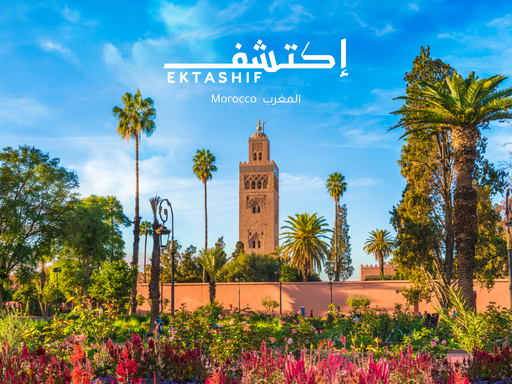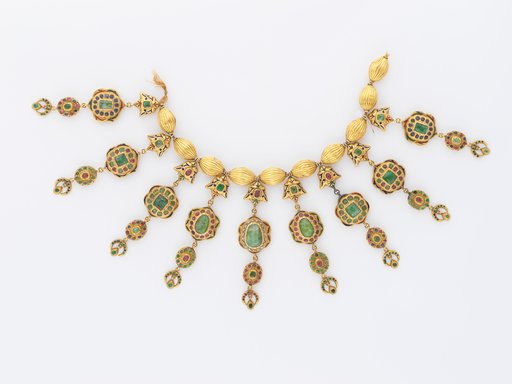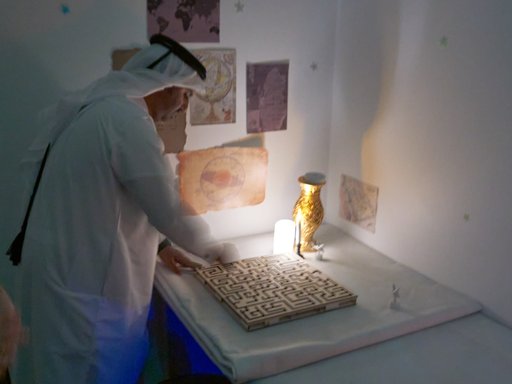A Passion for Nature
As a child, Sheikh Saoud discovered the Natural History Museum in London with his mother. Amazed by the huge brontosaurus skeleton in the museum entrance, he would spend hours in the dinosaur gallery. Later, as a young adult, he began to recognise the importance of creating scientific libraries exploring the understanding of the planet’s formation and living species which led to him collecting rare fossils, minerals and first editions of significant natural history books.
Sheikh Saoud developed a special interest in extinct and endangered animals and the development of his farm, including extensive breeding and animal care facilities, reflected his great desire to save rare species including the Spix’s Macaw, a bird extinct in the wild since 2000.
Cabinets of Curiosities
Sheikh Saoud was fascinated by the great collectors of the past and the 16th-century concept of ‘cabinets of curiosities’ that played a fundamental role in the development of modern science, the classification of the wonders of nature, history and arts. With a real passion for all arts and a sharp eye, he drew inspiration from such cabinets of curiosities, while developing collections for the future museums of Qatar.
Al Wabra Farm
Sheikh Saoud was very concerned by the mass extinctions on our planet. On his family farm, Al Wabra Wildlife Preservation, about 30 km outside Doha, he raised and bred numerous endangered animals, among them rare antelopes, birds of paradise and the Spix’s Macaw from Brazil.
2020 is an important year in the story of the Spix’s Macaw. In March, over 100 of the birds which have been bred in captivity have been returned to Brazil to be acclimatized before they are released to the wild later in the year. This is the first time a species has been reintroduced after being declared extinct in the wild and is the culmination of one of Sheikh Saoud’s projects. For more information, please see www.spixsmacaw.org.
Minerals
In the process of building a comprehensive collection of natural history, Sheikh Saoud took an interest in minerals and precious stones. In fact, many European royal figures assembled mineral specimens in their cabinets of curiosities in the past. The selection in the exhibition, though small, includes some of the most impressive and rarest natural minerals.
Fossils
Sheikh Saoud was captivated by the mass extinction that occurred 65 million years ago, when a meteorite hit the planet. He collected fossils and skeletons that give an insight into life on Earth millions of years ago. Several of the dinosaur skeletons in his collection were unfortunately too large to be included in our exhibition.



